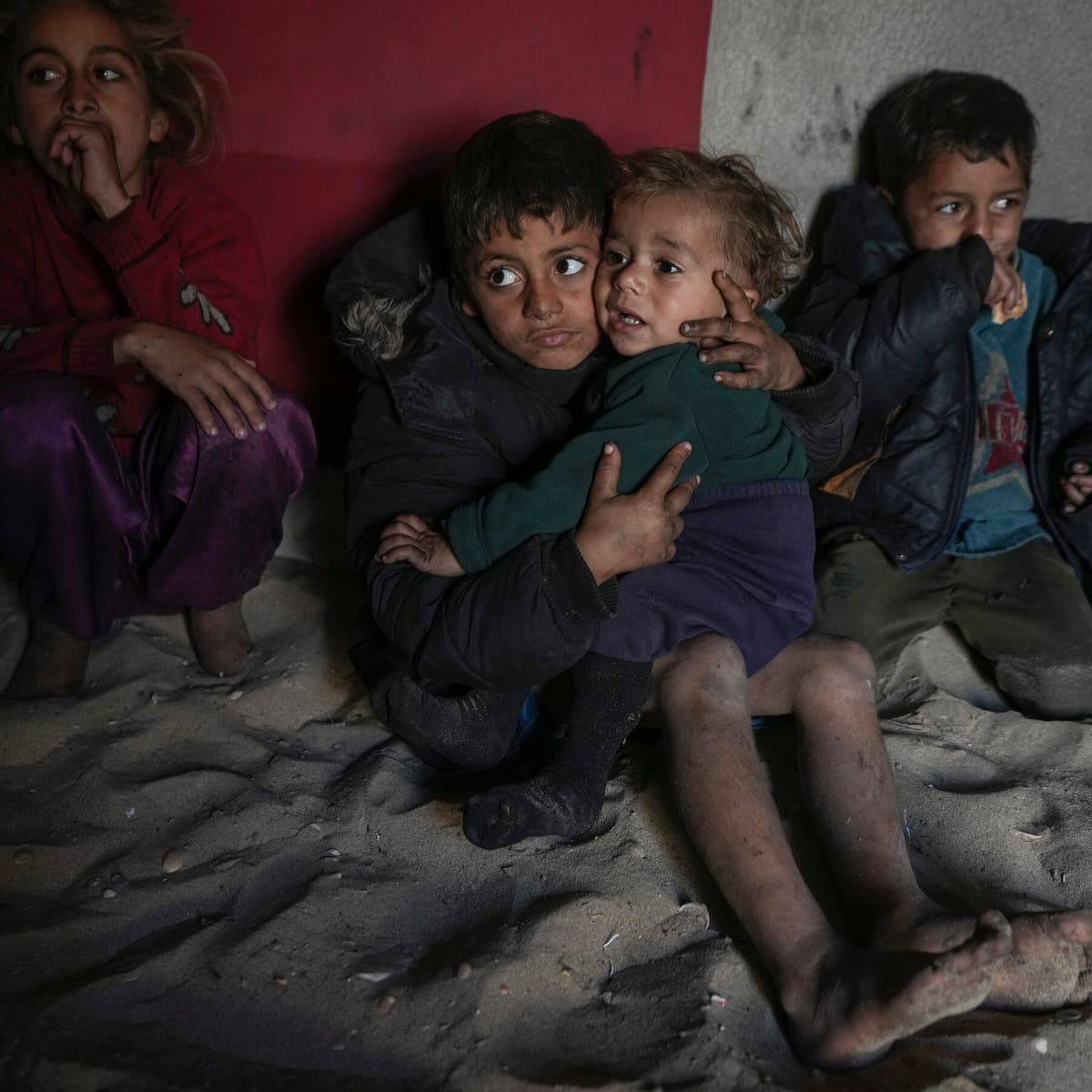Gaza's Humanitarian Crisis Deepens Amid Flickering Hopes for a Cease-Fire
As the international community holds its breath in anticipation of a potential cease-fire between Israel and Hamas, the humanitarian situation in Gaza continues to deteriorate at an alarming rate. Despite the faint glimmer of hope for a peaceful resolution, the living conditions for the 2 million Palestinians trapped in the Gaza Strip have worsened, exacerbating an already dire crisis.
The Gaza Strip, one of the most densely populated places on earth, has been under a crippling blockade since 2007, imposed by Israel and Egypt. The blockade has severely restricted the flow of essential goods, including food, medicine, and construction materials, leaving the population on the brink of disaster.
The latest escalation of violence between Israel and Hamas has only added to the suffering of the Gazan people. The relentless bombardment of the strip has destroyed homes, schools, and hospitals, leaving thousands of civilians without access to basic necessities like shelter, healthcare, and sanitation.
According to the United Nations, over 1 million people in Gaza are in need of humanitarian assistance, with 70% of the population relying on international aid to survive. The UN has warned that the situation in Gaza is on the verge of catastrophic collapse, with the risk of a massive humanitarian disaster looming large.
"The situation in Gaza is a ticking time bomb," said UN Secretary-General António Guterres. "We urge all parties to take immediate action to prevent a humanitarian catastrophe and to work towards a peaceful resolution to the conflict."
Despite the dire warnings, the Israeli government has shown little willingness to lift the blockade or ease its grip on Gaza. Instead, Israeli officials have continued to justify the blockade as a necessary measure to prevent Hamas from importing weapons and materials used for terrorist activities.
However, human rights groups and international organizations have long argued that the blockade is a form of collective punishment, which is prohibited under international law. They point out that the blockade has had a devastating impact on the civilian population, causing widespread poverty, unemployment, and despair.
"The blockade is a brutal and inhumane policy that has been imposed on the people of Gaza for far too long," said Sarah Leah Whitson, executive director of Human Rights Watch's Middle East and North Africa division. "It's time for Israel to lift the blockade and allow the people of Gaza to live with dignity and respect."
As the international community continues to push for a cease-fire, the people of Gaza remain trapped in a desperate cycle of violence and poverty. The humanitarian crisis in Gaza is a stark reminder of the devastating consequences of conflict and the urgent need for a peaceful and sustainable solution.
- The humanitarian situation in Gaza continues to deteriorate, with over 1 million people in need of humanitarian assistance.
- The UN has warned of a catastrophic humanitarian disaster in Gaza, with the risk of a massive humanitarian crisis looming large.
- The Israeli government has shown little willingness to lift the blockade or ease its grip on Gaza, despite international pressure.
- Human rights groups and international organizations have long argued that the blockade is a form of collective punishment, which is prohibited under international law.
- "The situation in Gaza is a ticking time bomb. We urge all parties to take immediate action to prevent a humanitarian catastrophe and to work towards a peaceful resolution to the conflict." - UN Secretary-General António Guterres
- "The blockade is a brutal and inhumane policy that has been imposed on the people of Gaza for far too long. It's time for Israel to lift the blockade and allow the people of Gaza to live with dignity and respect." - Sarah Leah Whitson, executive director of Human Rights Watch's Middle East and North Africa division




No comments yet
Be the first to share your thoughts!